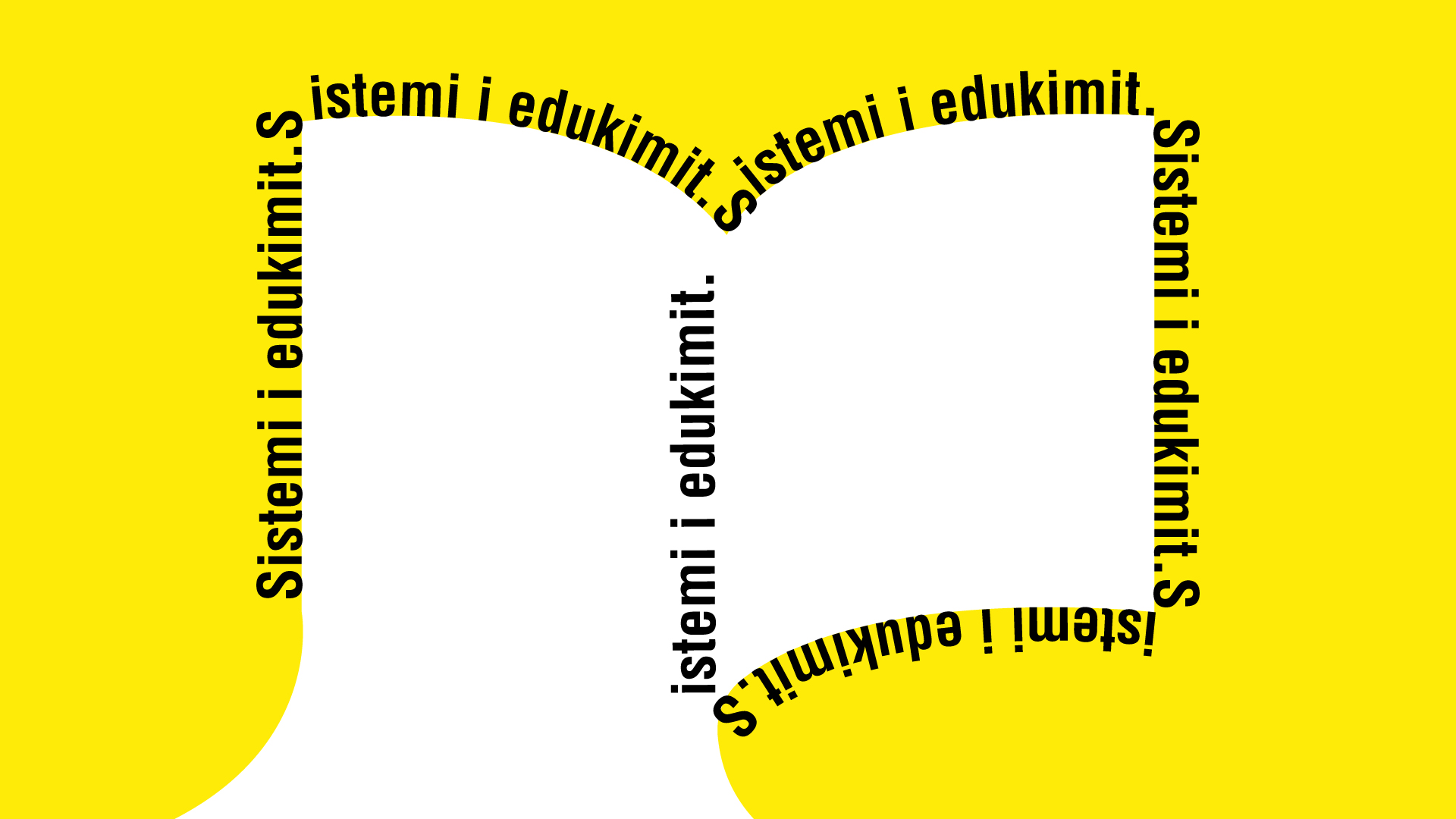
Updated curricula
The curriculum needs to be updated to catch up with new information.
Ardit Namani
Ardit Namani completed studies in economics at the University of Prishtina. Ardit was part of the internship program within the project “Innovation for Resilient Media and Citizen Engagement” funded by the European Union Office in Kosovo and implemented by K2.0 and the GAP Institute.
This story was originally written in Albanian.